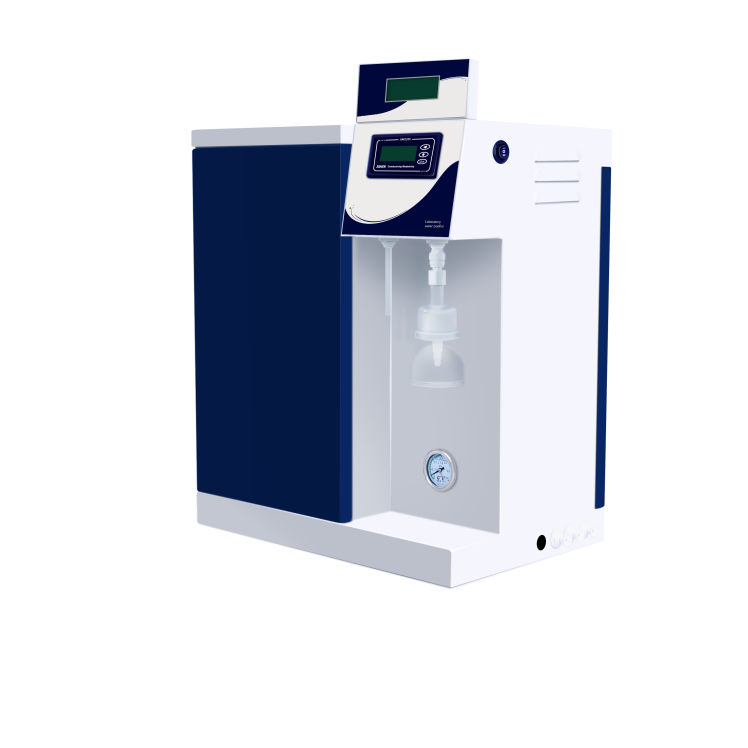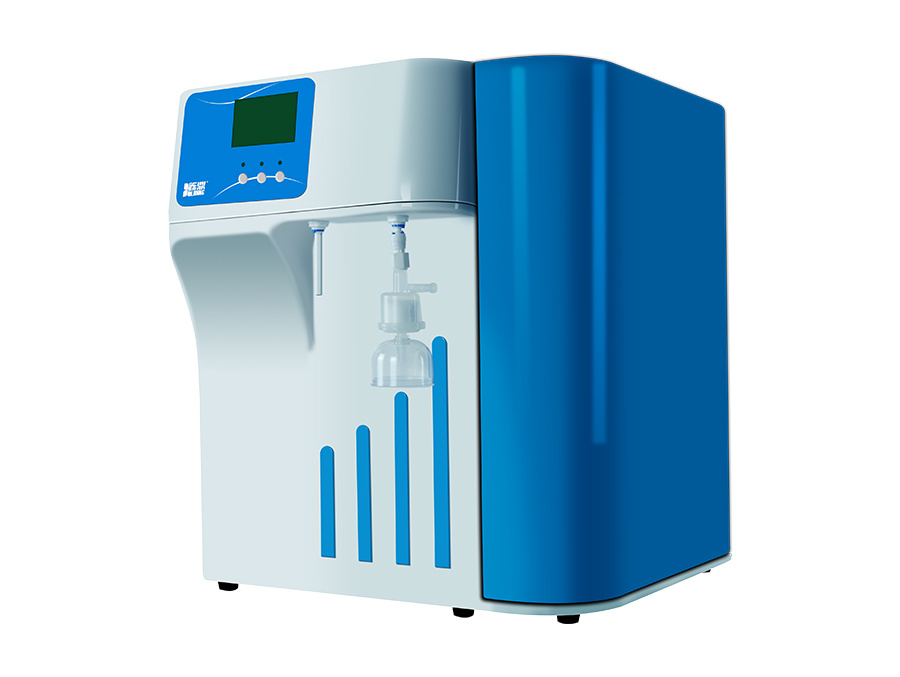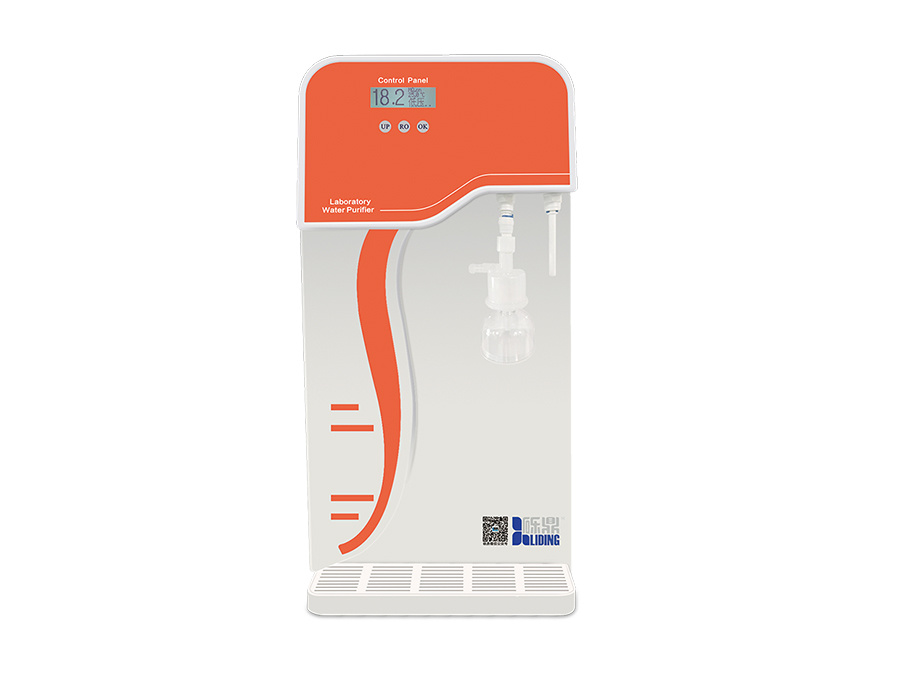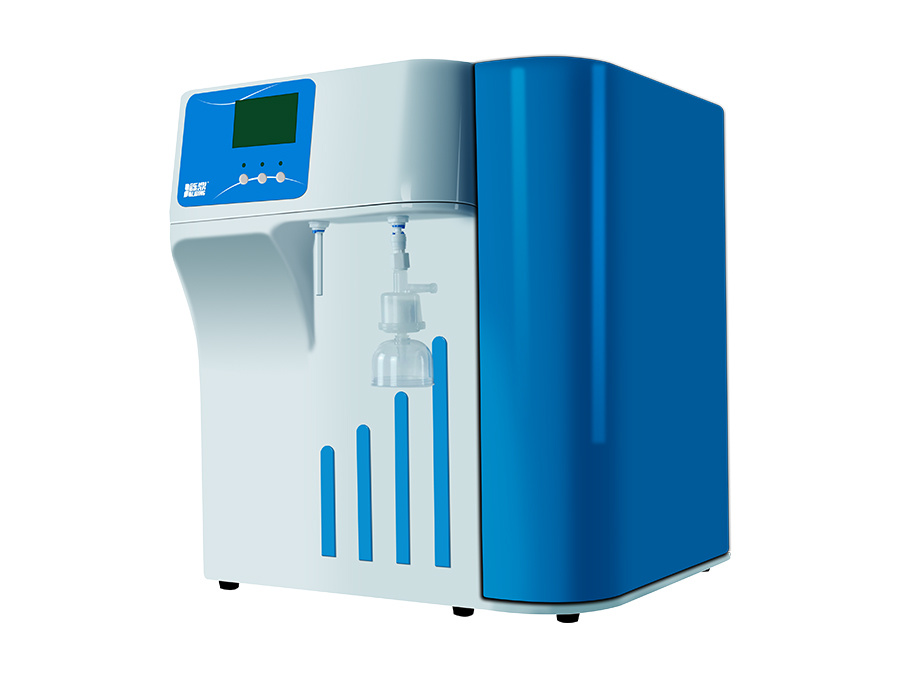Why Your Industry Needs an Ultra Purified Water System Now: The Essential Guide
Time:
Apr 28,2025
Why Your Industry Needs an Ultra Purified Water System Now
Table of Contents
- Introduction to Ultra Purified Water Systems
- The Importance of Ultra Purified Water
- Key Benefits of Ultra Purified Water Systems
- Applications Across Various Industries
- Understanding the Technology Behind Ultra Purification
- Compliance and Regulatory Standards
- Cost vs. Investment: Is It Worth It?
- Implementing an Ultra Purified Water System
- Conclusion: The Time to Act is Now
- FAQs about Ultra Purified Water Systems
Introduction to Ultra Purified Water Systems
In today’s industrial landscape, the necessity for **clean and safe water** cannot be overstated. Industries ranging from pharmaceuticals to food and beverage are increasingly recognizing the **need for ultra-purified water systems**. These systems effectively remove contaminants, ensuring that water quality meets or exceeds industry standards. This article delves into why adopting an ultra-purified water system is not just beneficial but critical for your business operations.
The Importance of Ultra Purified Water
Ultra-purified water is defined as water that has undergone extensive filtration and purification processes to remove impurities, including minerals, microbes, and organic matter. The significance of such water systems is highlighted in several key areas:
1. Health and Safety
The most crucial aspect of using ultra-purified water is the **health and safety** of consumers. Contaminated water can lead to serious health risks. Industries dealing with consumables must prioritize the use of ultra-purified water to safeguard public health.
2. Enhanced Product Quality
Using ultra-purified water directly impacts the **quality of the end product**. In industries such as pharmaceuticals, even minute impurities can alter the effectiveness of medications. Therefore, ultra-purified water ensures consistency and reliability in product quality.
3. Environmental Responsibility
Adopting ultra-purified water systems contributes to **environmental sustainability**. These systems utilize advanced technology that minimizes waste. By ensuring that water is used and treated efficiently, industries can reduce their ecological footprint.
Key Benefits of Ultra Purified Water Systems
Implementing an ultra-purified water system comes with numerous advantages:
1. Compliance with Regulatory Standards
In many industries, regulatory bodies mandate specific water quality standards. Ultra-purified water systems help businesses comply with these regulations, avoiding potential fines and legal issues.
2. Improved Operational Efficiency
Utilizing ultra-purified water can lead to enhanced **operational efficiency**. The purification process can be integrated into existing systems, streamlining production and reducing downtime caused by equipment malfunctions due to water quality issues.
3. Cost-Effectiveness in the Long Run
While the initial investment in ultra-purified water systems may seem significant, the long-term savings on maintenance and compliance costs can outweigh the upfront expenditure. Reduced equipment wear and tear and fewer product recalls translate to lower overall costs.
Applications Across Various Industries
Ultra-purified water systems have versatile applications across multiple sectors:
1. Pharmaceutical Industry
In the pharmaceutical industry, the quality of water used in the production of drugs is critical. **Water for injection (WFI)** must meet stringent purity standards to ensure patient safety.
2. Food and Beverage Industry
The food and beverage sector relies on ultra-purified water for processing, cooking, and cleaning. This water ensures that products are free from contaminants that could compromise quality and safety.
3. Electronics Manufacturing
In electronics manufacturing, ultra-purified water is used in the fabrication of semiconductors and other components. Even the smallest impurities can lead to product failures, making ultra-purified water essential.
Understanding the Technology Behind Ultra Purification
Ultra-purified water systems employ advanced technologies such as reverse osmosis, deionization, and ultraviolet (UV) disinfection. Each technology plays a vital role in ensuring that water reaches the required purity levels.
1. Reverse Osmosis
Reverse osmosis is a widely used method that effectively removes dissolved solids, bacteria, and viruses through semi-permeable membranes. This technology is instrumental in achieving high levels of purity.
2. Deionization
Deionization involves exchanging ions in the water, removing minerals and salts. This process is crucial for industries requiring water free of any dissolved solids.
3. Ultraviolet Disinfection
UV disinfection is a chemical-free method that uses UV light to kill microorganisms. This technology ensures that ultra-purified water is not only clean but also safe for consumption and use.
Compliance and Regulatory Standards
Compliance with regulations is non-negotiable for industries using water in their processes. Regulations such as the **FDA**, **EPA**, and **ISO** standards dictate the necessary purity levels for industrial water use. Implementing an ultra-purified water system is a proactive step toward ensuring compliance and maintaining your industry’s reputation.
Cost vs. Investment: Is It Worth It?
While the upfront cost of an ultra-purified water system can be substantial, the long-term benefits far outweigh the initial investment. Improved product quality, compliance, and operational efficiency lead to significant cost savings over time. Evaluating the return on investment (ROI) is vital for decision-makers considering this transition.
Implementing an Ultra Purified Water System
Implementing an ultra-purified water system requires careful planning and execution:
1. Assess Your Needs
Evaluate your specific requirements based on industry standards, production needs, and water quality goals.
2. Choose the Right Technology
Select the appropriate purification technologies that align with your operational needs and budget.
3. Work with Experts
Collaborate with professionals in water treatment to ensure that the installation and maintenance of the system meet all regulatory and operational standards.
4. Regular Maintenance
Establish a routine maintenance schedule to ensure the purification system operates at peak efficiency, preventing costly downtime.
Conclusion: The Time to Act is Now
The need for ultra-purified water systems in industrial settings is more urgent than ever. With the increasing demand for high-quality products and stringent regulatory standards, your industry cannot afford to overlook the benefits of these systems. By investing in an ultra-purified water solution, you not only safeguard public health but also enhance operational efficiency and ensure compliance. As industries continue to evolve, the adoption of ultra-purified water systems will be a critical factor in maintaining competitive advantage.
FAQs about Ultra Purified Water Systems
1. What is ultra-purified water?
Ultra-purified water is water that has undergone rigorous purification processes to remove contaminants, achieving high levels of purity suitable for industrial applications.
2. Why is ultra-purified water important for industries?
It ensures product quality, compliance with regulations, and the safety of consumers while also promoting operational efficiency.
3. How does reverse osmosis work?
Reverse osmosis uses a semi-permeable membrane to remove dissolved solids and contaminants from water, producing ultra-purified water.
4. What industries benefit from ultra-purified water systems?
Industries such as pharmaceuticals, food and beverage, electronics manufacturing, and many others benefit significantly from ultra-purified water systems.
5. Are ultra-purified water systems costly to maintain?
While there is an initial investment, the long-term savings on maintenance and compliance can make them cost-effective over time. Regular maintenance is essential to ensure optimal performance.
RELATED NEWS








